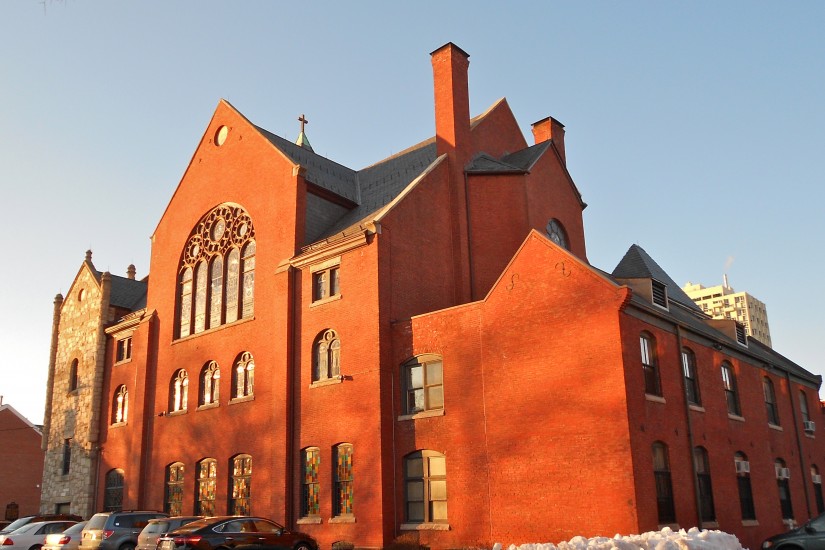A little more than two hundred years ago, the [American Colonization Society] was born. Its first annual meeting in Washington demonstrates that the ACS enjoyed the support of wealthy slaveholders who favored colonization as a means of ridding themselves of a seditious element in a region where slave and black were supposed to be synonymous. But it also hints at the spirit of reform that shaped the influential organization. As recent studies by Eric Burin and Beverly Tomek show, antislavery impulses motivated some white Southerners to consider colonization as a condition of their individual acts of emancipation, while a considerable number of white Northerners, especially Quakers, came to see colonization as an incentive for wholesale gradual emancipation and a means of bringing Protestantism to Africa. A conviction that white and black people could not coexist in the same country united these lines of thinking. This belief in the righteousness of racial separation, a doctrine made gospel in Thomas Jefferson’s Notes on the State of Virginia, was always premised on the assumption that black people could not become part of the nation because of the degrading effects of slavery, their biological inferiority, antiblack racism, or some insurmountable mixture of all three. Put simply, black people were regarded as the problem and removal was the suggested answer.
For African Americans, it was not difficult to see the racist overtones of what passed for 19th-century white liberalism. In his pioneering Black Abolitionists, Benjamin Quarles argued that the “colonization scheme had a unifying effect on Negroes in the North, bringing them together in a common bond of opposition.” He was right. A new generation of scholars have provided further proof of the considerable extent to which African Americans opposed colonization, a term that they associated with the ACS and Liberia, the West African colony that the ACS founded in 1822 for the resettlement of free blacks and manumitted enslaved people. To them, the grounds for opposition were simple. Funding for the ACS would do greater good if put toward supporting black uplift in the United States, a country that was just as much theirs as it was that of white Americans. Besides, they reasoned, their enslaved kin—fictive and literal—required support. To leave was inconceivable.
